【新唐人2011年2月11日訊】最近幾年來,中國涉及法律訴訟的信訪數量急劇增加。中國最高法院為了減少涉訴信訪問題的產生,將在近期推出五項新的措施。不過,有律師認為這只是一種表面的姿態,司法不獨立,問題還是無法獲得解決。
中國大陸最高法院即將在近期推出的新五項措施,包括建立「涉訴信訪」風險評估機制等。北京律師金光鴻表示,民眾「信訪」問題激增,根子出在中央!他認為,中共從上層到下層同樣腐敗,在中共專制體制下,「信訪制度」解決不了百姓的問題。
金光鴻律師:「對信訪制度的看法,我是認為它是專制制度的一個產物,專制制度不改變的話,『信訪』它是沒有甚麼實際意義的。因為上層會關注哪些案件,往往都是由權力鬥爭來決定的。 」
近年,中國訪民數量增多,矛盾集中凸顯了拆遷和徵地的社會問題嚴重,曾經為奧運強拆的上訪訪民辯護的倪玉蘭,同樣也遭到強拆和當局的打壓。她向《德國之聲》表示,每次開全國兩會前後,相關部門都會有一些措施出來,但這只是一種表面的姿態,她說,現在會有這麼多的冤假錯案,其實都是司法界的人員不作為造成的。
福建福州訪民吳華英上訪十年,十年過程,她看到訪民問題得到解決的比例很少,倒是碰到上訪二十幾年的訪友很多。
吳華英(福建福州訪民):「我們也希望…他們(政府)不要製造這些不公正的冤案出來,只有在不製造的前提底下,才不會出現上訪,沒有冤的人誰會去上訪。 2004年也提出來了,還有去年也提出來了----清理久壓不決的案件,8年以上,我弟弟都十年了,到現在案件還是擱在那個地方。」
北京律師劉曉原分析,上訪的很多都是因為土地徵用和房屋拆遷,民眾利益被侵佔,向法院提起訴訟。拆遷是政府統一安排的,法院在這樣的訴訟中很難做到公正的裁決,民眾不服就會上訪。他指出,信訪案件劇增與中國社會矛盾激化,「執法不力」以及「有法不依」有密切關係。這是目前民眾最不滿也是爭議最大的問題。
北京維權律師唐吉田也指出,目前在中國大陸,很多法律問題很難在法律框架內解決,如果不能把公職人員變成代理人,把民眾作為權力的第一來源的地位,實際上所有技術層面的東西只能夠緩解一些問題,要從根本上解決,也就不用做太多的期待。
不過,吳華英表示,民意正在甦醒。
吳華英(福建福州訪民):「大家受過傷的人,特別因為受過這些不公司法對待的人,他在上訪的過程當中變得清醒起來,他會更加堅定捍衛自己個人的權利。」
十年來,吳華英堅持上訪的原因是,希望藉由上訪途徑發出自己僅有的微弱聲音,給地方政府了解,他們還在堅持著自己的冤情應該得到合理的解決,不能讓這個聲音停掉。
新唐人記者 李庭 王明宇 綜合報導
-------
Chinese Supreme Court to Issue New Regulations to Restrict Lawsuit-Related Petitions
In recent years, the number of lawsuit-related appeals
increased dramatically in China.
The Chinese Supreme Court plan to issue 5 new
regulations to restrict this kind of petitions.
Law professionals believe such regulations would not
be effective without independent jurisdiction.
The Chinese Supreme Court plans to issue 5 new
regulations including establishing a “litigation appeal”
risk evaluation mechanism.
The root cause of increasing petitions lies in the CCP
central government, Lawyer Jin Hongguang said.
The CCP is corrupted thoroughly, and no appeal policy
can solve the problem under the CCP regime.
Jin: “I believe the appeal policy is a byproduct of
dictatorship, and it is meaningless unless the political
system changes, because now the power struggle
decides which cases are considered.”
The increasing number of appeals in China reflects
severe social problems such as forced demolition.
Ni Yulan, who defended appealers in the Olympics
demolition case, suffered from forced demolition and
oppression herself. New regulations are issued as
a superficial gesture before every national congress
meeting, Ni said to Deutsch Welle;
Injustice is prevailing because of judicial nonfeasance.
Wu Huaying from Fuzhou, Fujian has been appealing
for the past 10 years. During this time, she has seldom
seen successful appeals, but has made many friends
who have been pursuing appeals for over 20 years.
Wu Huaying: “We hope they (the government) stop
creating unjust cases, only then will appeals stop.
Why would we appeal if we were treated fairly?
In 2004 and last year, there was policy to clear
long unsolved cases, say, 8 years, but my brother』s
case has been 10 years, and it is still unprocessed.”
Lawyer Liu Xiaoyuan says that many appeals are
regarding lawsuits on forced demolition.
Such demolitions are planned by the government,
and it is difficult to achieve justice through litigation;
people therefore resort to petitions.
Liu believes the increased appeals are tied to China』s
severe social conflicts and the failure of the judicial
Beijing human right lawyer Tang Jitian says,
many judicial problems cannot be solved within the
current system.
No technical measure will be effective unless
the people become the source of power, and public
officers serve the role of agents.
But according to Wu Huaying, the Chinese people
are becoming more and more aware.
Wu Huaying (petitioner from Fuzhou, FuJian):
“People who were hurt, especially those by the judicial
system, are becoming more aware and persistent
during the appeal process. “
Wu has been petitioning for 10 years in hope of
having her voice heard by the local government.
Like her, many appealers believe that injustice
should be corrected, and their voice should be heard.
NTD reporter Li Ting and …
看下一集
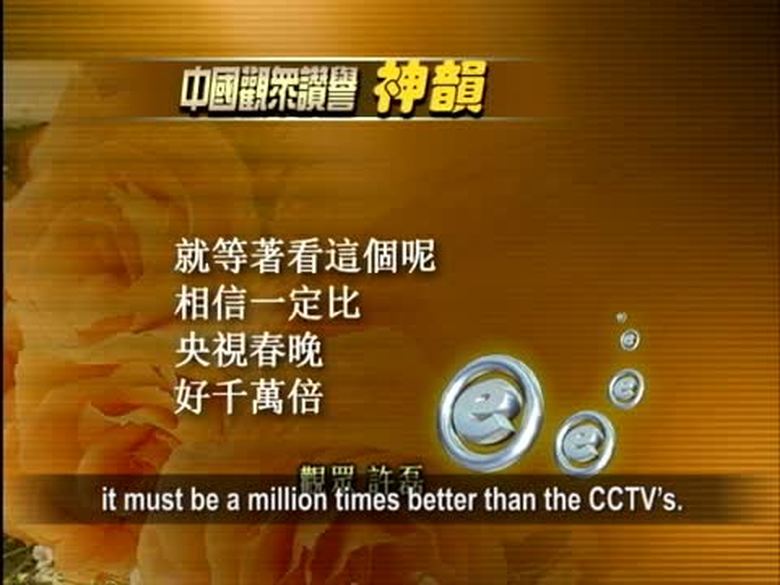
【禁聞】破網看神韻新年晚會 網友讚譽
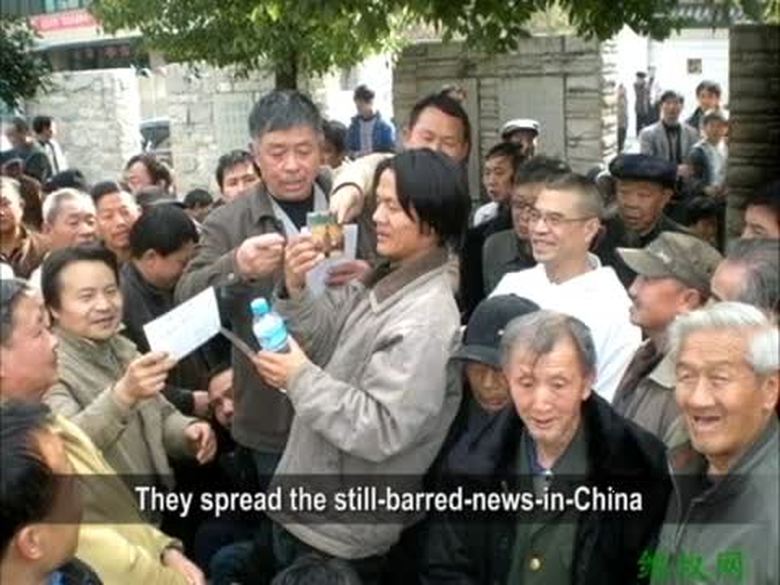
【禁聞】國際反獨裁趨勢 鼓舞中國人權

【禁聞】一樣示威兩結局:中國黨指揮槍
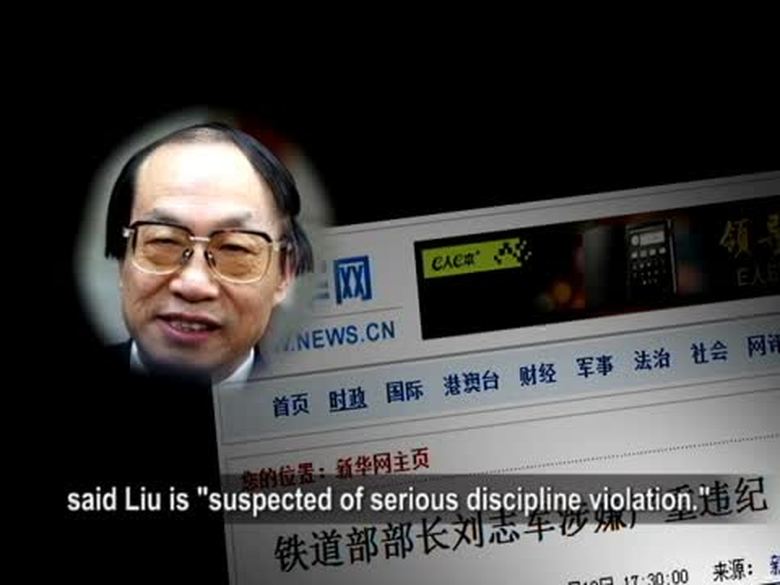
【禁聞】鐵道部高官落馬 涉案數十億
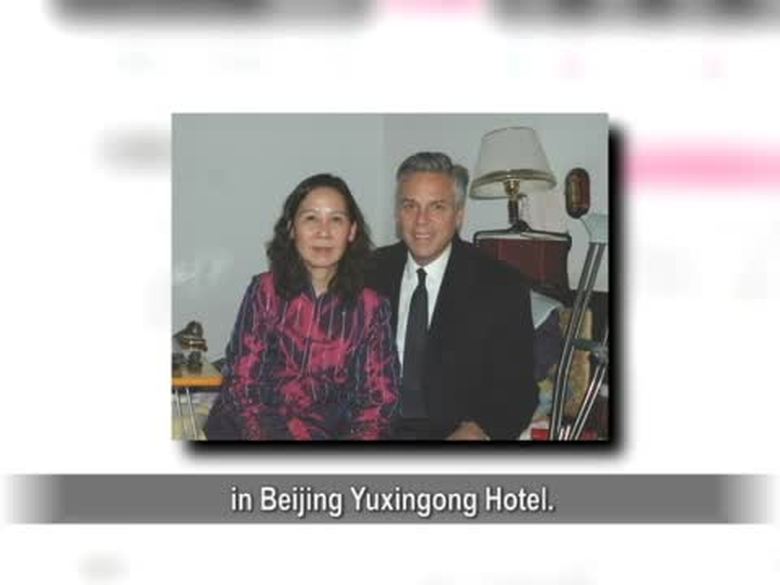
【禁聞】美駐華大使看望維權律師倪玉蘭

【禁聞】埃及革命成功 胡錦濤想甚麼?
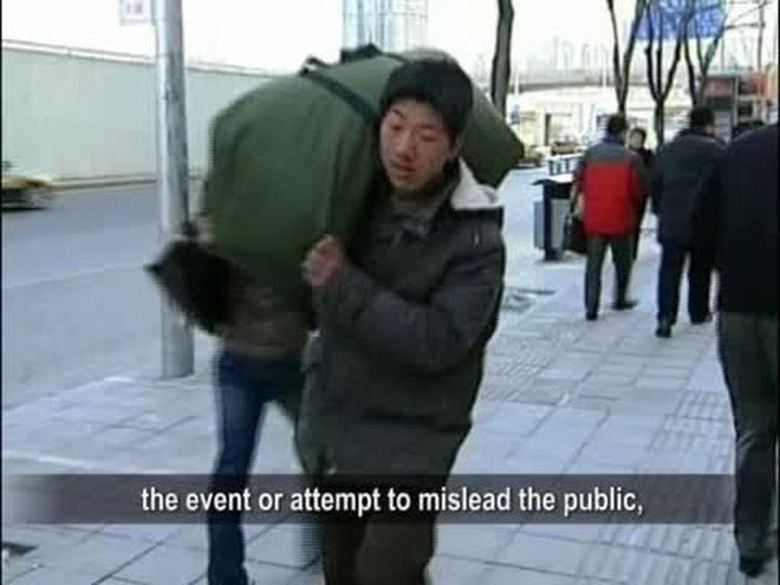
【禁聞】傳統媒體被控 網民闢信息新渠道

【禁言博客】: 上海首次規定土地出讓期滿後無償收回
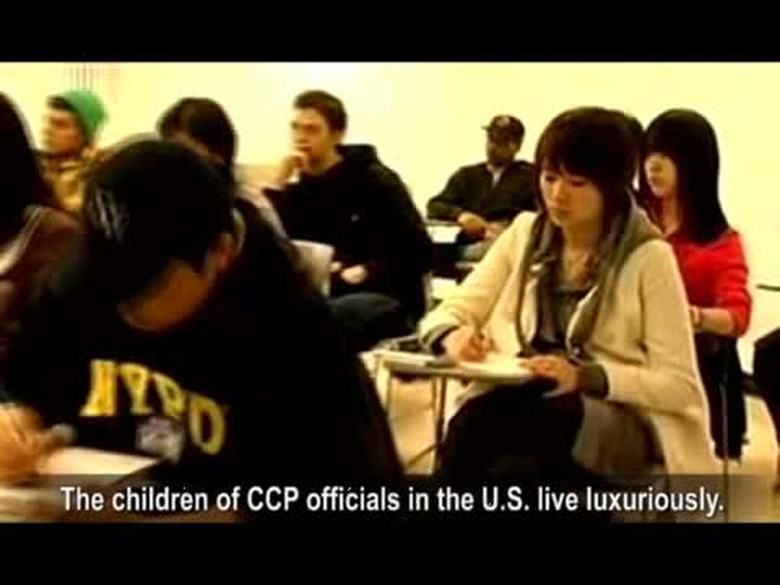
【禁聞】中共官後代多持「雙國籍」
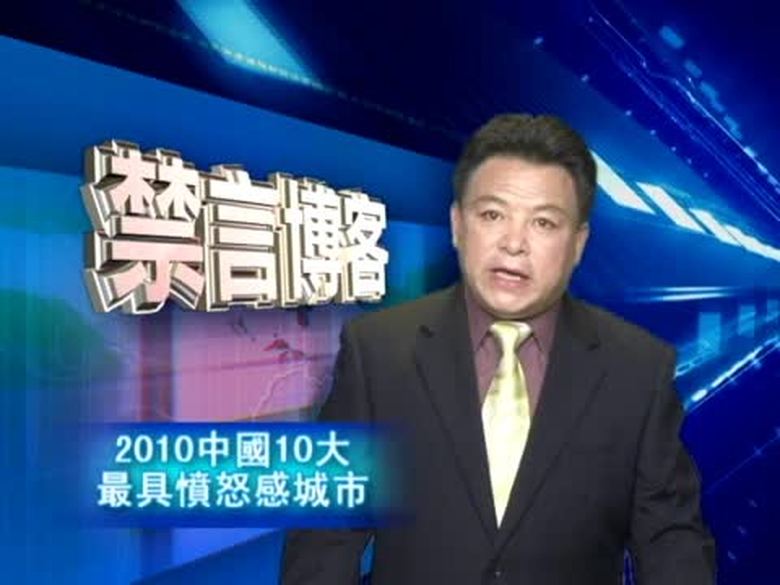
【禁言博客】2010中國10大最具憤怒感城市
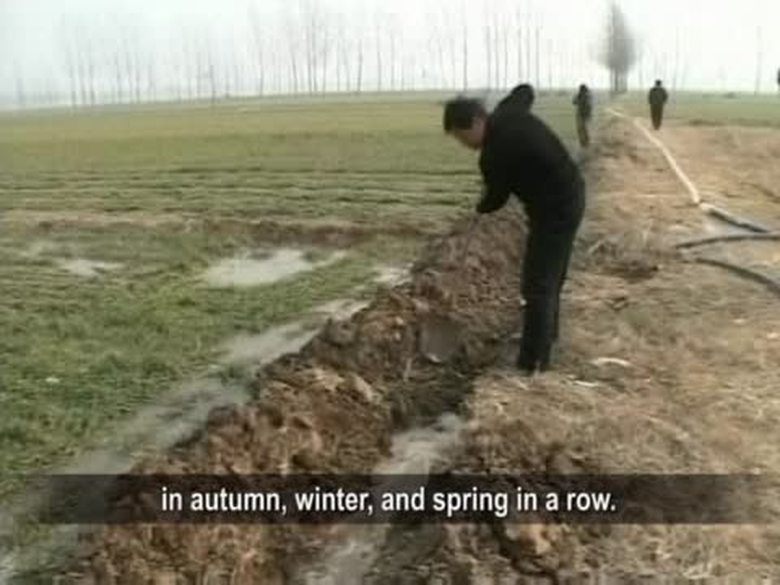
【禁聞】旱情危及小麥產量 中國通脹壓力大
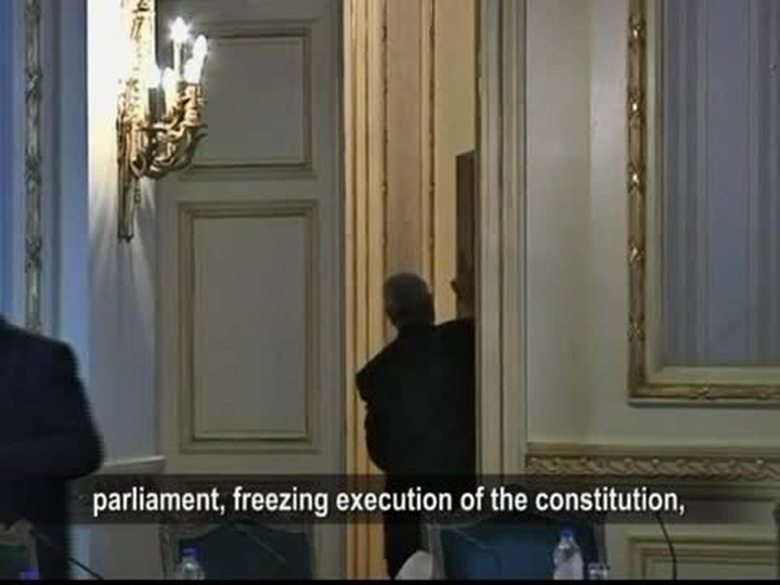
【禁聞】埃及軍方中立 啟示中國軍人選擇
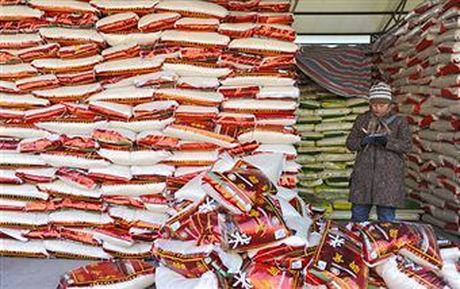
【禁聞】中國糧價飆 中共“維穩”難

【禁聞】信息關不住 茉莉花獻埃及
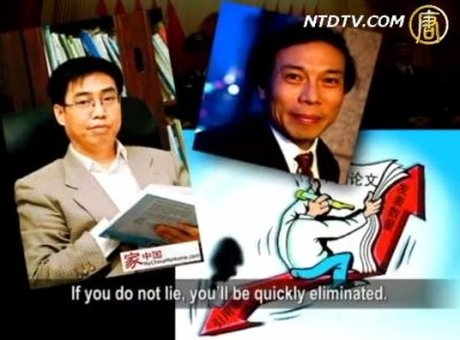
【禁聞】中國論文學位“通膨”
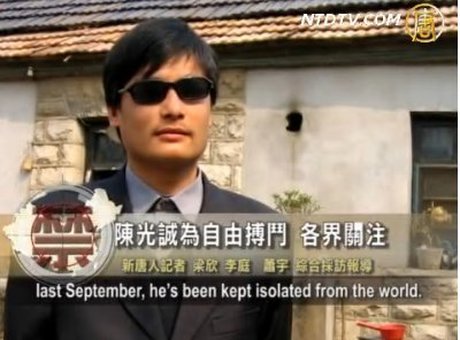
【禁聞】陳光誠為自由搏鬥 各界關注








